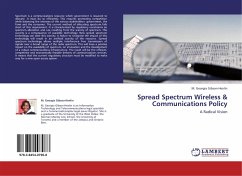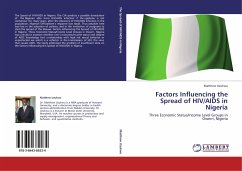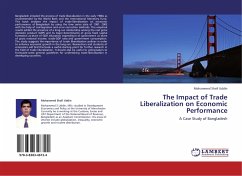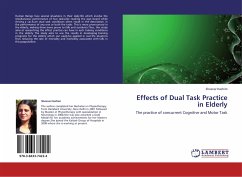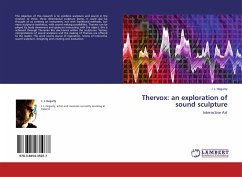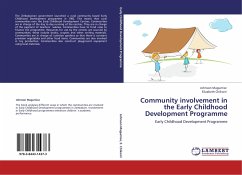Spectrum is a communications resource which government is required to allocate. Itmust do so efficiently. This requires promoting competition while balancing the interestsof the various stakeholders government, the firms and the consumer. The currentmethod of allocating spectrum falls short of this requirement. It is characterized byregulatory constraints on spectrum allocation and use resulting from the scarcity ofspectrum. This scarcity is a consequence of available technology. New spread spectrumtechnology can alter this scarcity. A failure to recognise the impact of this technologywill result in an artificial scarcity of the resource. Spread spectrum technology allowsmultiple interference free transmission of signals over a broad range of the radiospectrum. This will have a positive impact on the availability of spectrum, on innovationand the development of a robust communications infrastructure. The result will be theefficient, competitive and economically feasible delivery of communications services. Itmeans that the current regulatory structure must be modified to make way for a new openaccess system.
Bitte wählen Sie Ihr Anliegen aus.
Rechnungen
Retourenschein anfordern
Bestellstatus
Storno

